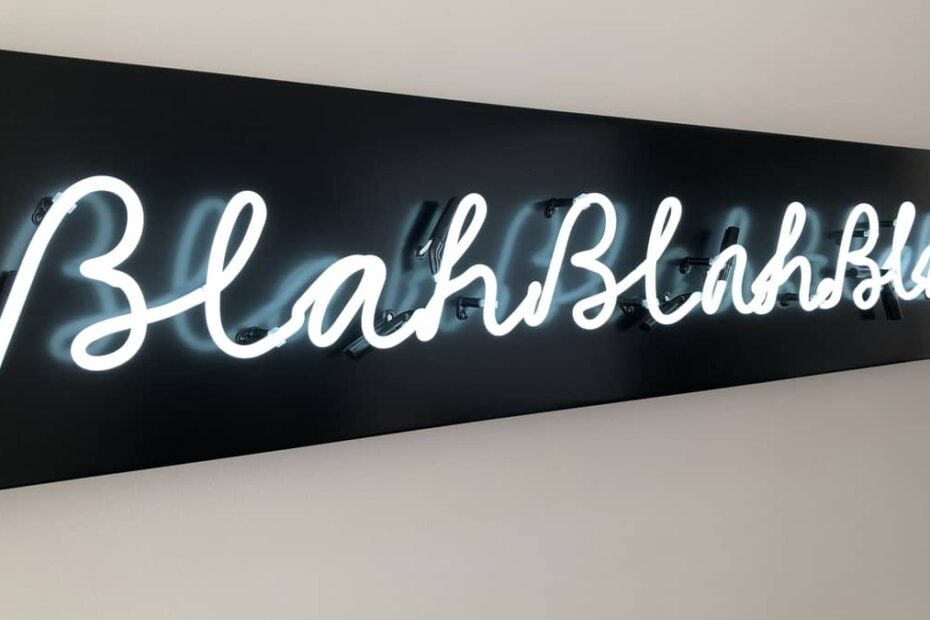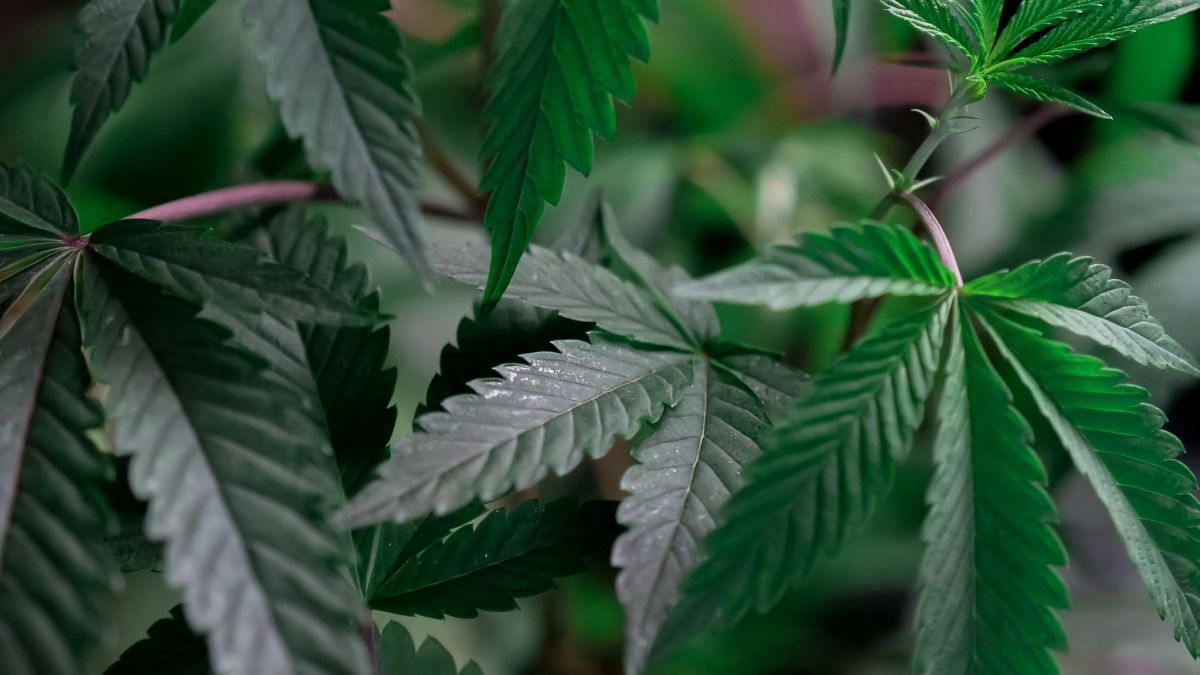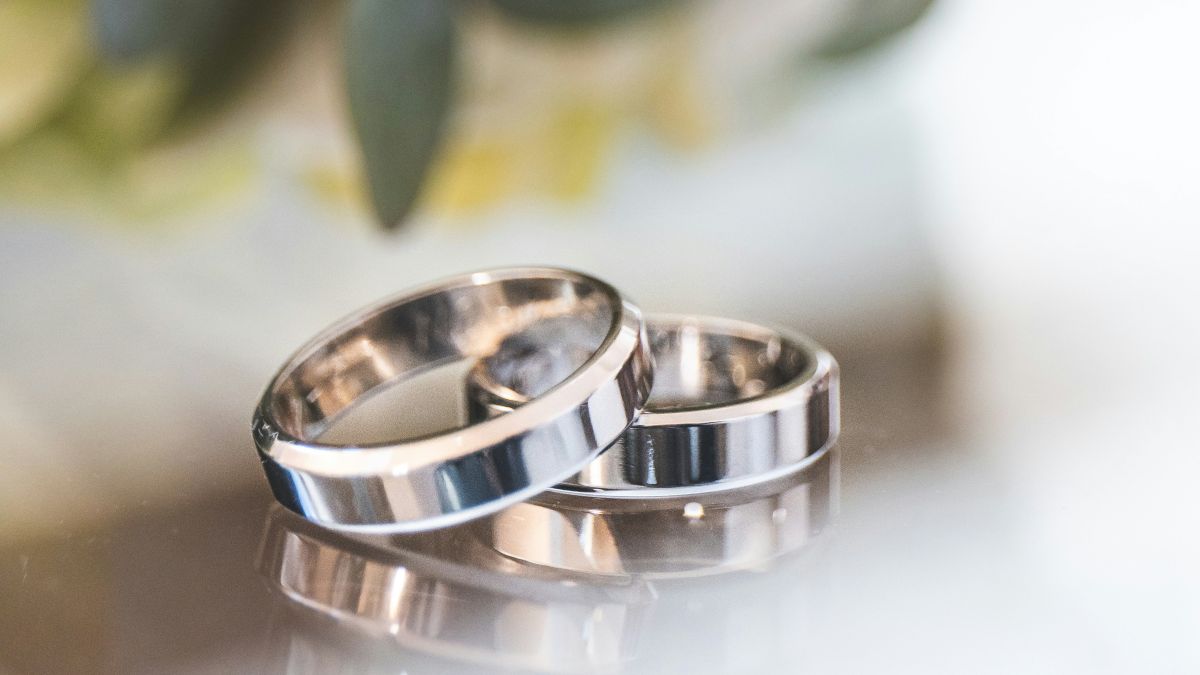Central American Spanish has its own distinct dialects. Each country in Central America has its own unique words and phrases to tell you exactly where you are or who you’re talking to. Here are some of the most common. This article contains affiliate links, where we will make a small commission if you purchase anything after clicking, at no extra cost to you.
Languages are fascinating, aren’t they? They resemble living, breathing organisms that continuously grow and evolve, giving rise to different variations. They reinvent themselves over time.
Take my native language, English. The English spoken in medieval times would be incomprehensible to us today. Even in the present, with English being a global language, understanding each other is not always effortless.
I know Americans who add subtitles when watching British shows on Netflix. As an Englishman myself, I often struggle to understand the Scottish accent or even certain accents from different regions of England. Occasionally, I find Australian words confusing. In fact, English can sound as foreign to me as Spanish does. But you know what? I love that. I love how my native language sounds around the world. And speaking of Spanish, I also appreciate the same thing within that language.
Like English, Spanish is a global language
In fact, more people today speak Spanish than English. When we speak of languages evolving and reinventing themselves, Spanish is no different from English. Over 20 countries have Spanish as their official language, and they have all made the language their own in their own ways. This includes the six Spanish-speaking countries in Central America.
Guatemala, Honduras, El Salvador, Nicaragua, Costa Rica, and Panama are small countries. Tiny countries, in fact. Together, they account for some 8% of the Spanish-speaking world. However, they all have their own little idiosyncrasies and characteristics that shape their Spanish.
A word here, a phrase there: You’ll know you’re listening to Central American Spanish when you hear some of the following:
Guatemala
- Chapin/Chapina. This is what Guatemalans call themselves, derived from the name of an old shoe they used to wear. You’ll hear and see this word all over Guatemala.
- A huevos (or Ahuevos). Huevos means “eggs”, which can also mean “balls” in Spanish slang. Guatemalans also use “a huevos” at the end of sentences to mean “for sure” or “I agree”.
- Cabal. Used at the end of a sentence, similar to “a huevos“. If they don’t end a sentence with one of these phrases, they’ll end it with the other.
- Burra. This comes from “burro” (mule) and is the word Guatemalans use for bus. For example, “Oye Chapin, a qué hora viene la burra?” (Hey buddy, what time does the bus arrive?”)
- Cerote. This word is Spanish slang for turd or poo. However, in Guatemala, it’s also a term of affection meaning “buddy”, “pal”, or “mate”. It’s also used in El Salvador.
Guatemalan Spanish: A Spanish Learner’s Guide To The Culture, Accent And Slang Of Guatemala https://t.co/dfGjoOkC10 pic.twitter.com/Lh8yAShbny
— Linguistadores (@Linguistadores) June 13, 2022
Honduras
- Catracho/Catracha. Similar to “chapin” in Guatemala, catracho/catracha is what Hondurans call themselves or other Hondurans, or anything Honduran. It comes from an old 19th-century Honduran general called Florencio Xatruch.
- Pisto. A Honduran term for money, also used in El Salvador and Guatemala.
- Cheque. Pronounced “che-kay”, you know you’re speaking to a Honduran when you hear this, much like you know you’re speaking to a Costa Rican when you hear “mae“. “Cheque” means “okay” or “alright”.
El Salvador
- Guanaco/Guanaca. Central Americans love nicknames and El Salvador is no exception. Similar to “Chapin” or “Catracho“, “Guanaco” is the nickname Salvadorans give themselves. Why do Salvadorans call themselves Guanacos? Good question. Some say it’s from the William Walker wars of the 19th century when Salvadoran troops used to meet under guanacaste trees. Others say it goes back much further to pre-Columbian times when indigenous people held meetings called “huanacaxtle” which sounds like “guanacaste”. Down the line this word came to mean “brother” or “brotherhood” and ended up as Guanaco. Maybe.
- Sivar. “Sivar” means El Salvador itself. It’s a term used positively when describing the attributes of the country. As such, you’ll often see #sivar hashtagged in social media by tourism authorities and so on.
- Salu. Derived from “salud” (health), this term is used as a farewell in El Salvador. “Salud” also means “cheers” in Spanish, as it a toast with drinks.
- Chero/Chera. This term doesn’t have a specific meaning but is used to refer to a guy or gal, like when talking about a friend.
- Yuca. Literally “yucca” (the vegetable), in El Salvador, this word is used to mean “difficult” or hard/tough. For example, “El examen fue muy yuca” (“The exam was very difficult”).
- Birria. While in Central America people use the term “birra” (from English) as a replacement for “cerveza” (beer), in El Salvador, they add an extra syllable for stylistic effect.
- Chupar. Chupar is the verb “to suck”, used a sexual way (this is a family website so I’ll say no more). Anyone who speaks Spanish knows what I mean. In But in El Salvador, chupar also means “to drink”.
sivar
slang term for the country of ”EL Salvador” in central america. great surf, nightlife and weather.
latin guy-”q ondas bato de donde sos”( hey brou, where you from?…………..salvadorian guy-”d sivar jomboi”( from sivar homeboy)https://t.co/10DoI1H0Ux https://t.co/Yg8VpGTjiu
— Max Keiser, sr. bitcoin advisor pres. Bukele 🌋🧢 (@maxkeiser) October 16, 2022
Nicaragua
- Nica. Short for Nicaragüense (Nicaraguan), “Nica” is what Nicaraguans call themselves and each other with pride. It is used to describe anything Nicaraguan. Note that “Nico” is not a word. There’s no masculine or feminine context with this noun. It’s simply an abbreviation.
- Chele/Chela. Derived from “leche” (milk), this term refers to white or blonde people in Nicaragua. If you’re white or blonde, they will call you chele. Lots of gringos get called chele, although it’s not a term specifically used for foreigners. It’s all about being white or fair-haired. This is also common in El Salvador.
- Dale pues/Va pues. Not much more Nica than this. This expression has a broader meaning but generally signifies “go ahead,” “let’s do it!,” or any other form of agreement. Nicaraguans tend not to pronounce the “s” at the end of words, so “pues” might sound like “poo-eh”.
Costa Rica
- Tico/Tica. Costa Ricans call themselves “Ticos/Ticas” by adding a diminutive suffix to words, denoting affection and cuteness. For example, “perro” (“dog”) becomes “perrito” (“cute little dog”).
- Mae. This term is commonly used in Costa Rica. It means “buddy” or “mate” and is frequently used in conversation. If you’re talking to someone over the age of 40, you’ll hear it at the end of most sentences. People under the age of 40 squeeze in “mae” between every other word. We’re exaggerating here, but only a little.
- Pura Vida. Something else you’ll hear everywhere in Costa Rica. “Pura vida“ (“pure life”) could be the national motto. It means everything and nothing. “Hello”. “Goodbye”. “That’s cool”. “That’s life”. “I don’t care”. “It’s all good”. Pura vida encompasses the laid-back Costa Rican mindset. Sometimes it means you’re so chilled out you don’t care. Fun fact: “Pura vida” originates from a 1950s Mexican movie and has no direct connection to Costa Rica.
- Tuanis. Many believe “tuanis” comes from the English phrase “too nice“, which somewhat captures its meaning. Tuanis means “cool,” “good,” “nice,” or anything positive. When someone says “tuanis” to you, they’re expressing contentment. However, it has no correlation with “too nice.” Tuanis originates from a military code created by Salvadoran General Francisco Malespín in the 19th century, where syllables in words were swapped to create new ones. A 2014 Tico Times article offers a great description of the origin of tuanis.
- Mopri. “Mopri” (mo-pri) is “primo” (“cousin”) spelled backward. It also stems from the code devised by General Malespín. Many use “mopri,” often shortened to “mop,” as another way of saying “mae.”
- Chunche. This is a quintessential Costa Rican expression. There’s no direct translation, but it means “thing” or “whadjamacallit” or “thingamajig” or whatever word you use for something you don’t know the name of.
- Tapis. “Tapis” pertains to alcoholic beverages. It can mean either a person who drinks too much alcohol, like an alcoholic, or an alcoholic beverage itself.
Panama
- Que sopa. In Panama, when you hear “que sopa?” (literally “what soup?”), it means “what’s up?” or “what’s going on?” It is derived from altering the phrase “que paso?” (what happened?) by reversing the word “paso” to “sopa” (soup).
- Chuleta. The word for “pork chop” in Spanish, in Panamanian slang, “chuleta“ means “pity”, “disappointment”, or even “damn”. Note: “Chuleta“ can also mean the exact opposite – like when you’re excited about something. It’s all about the context, people.
- Vaina. This word has a similar meaning to “thing” when referring to something whose name is unknown or when someone is too lazy to mention it. For example, “See that thing over there?” can be translated as “Ves esta vaina allá?” This is akin to the usage of “chunche” in Costa Rica.
Now you know some Central American Spanish!
These examples provide a glimpse into the distinctive words and phrases of Central American Spanish, serving as indicators of the country you are in or the origin of the person you are speaking to. Each will give you an idea of which country you’re in or from where the person you’re talking to is from.
If you’re interested in learning Spanish, why not learn Central American Spanish with a Central American Spanish teacher to help you through the slang listed above and show you much, much more. Check out Language Blend for one-on-one classes with a Central American (or any other native Spanish-speaker, should you prefer) teacher for the best start to life in the region!
James Dyde is the editor of CentralAmerica.com. He lives in Escazu, Costa Rica.




